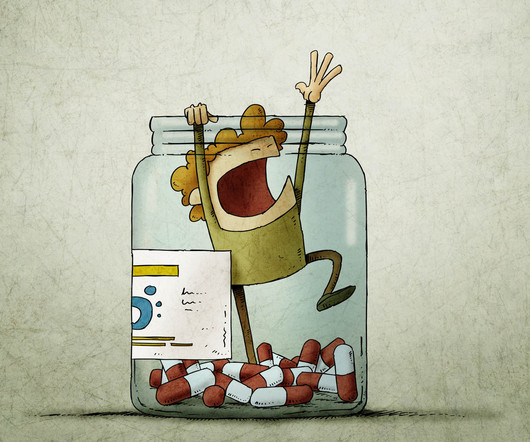Labor trends to watch in 2024: A U.S. economic outlook and sector play-by-play
Work Life
DECEMBER 14, 2023
But despite government incentives for green energy initiatives, financing that growth may be challenging amid high interest rates and material costs, which could lead to project delays. Pharmaceutical Pharmaceutical companies have had a difficult year: the industry is grappling with softening demand for COVID-19-related products.





















Let's personalize your content